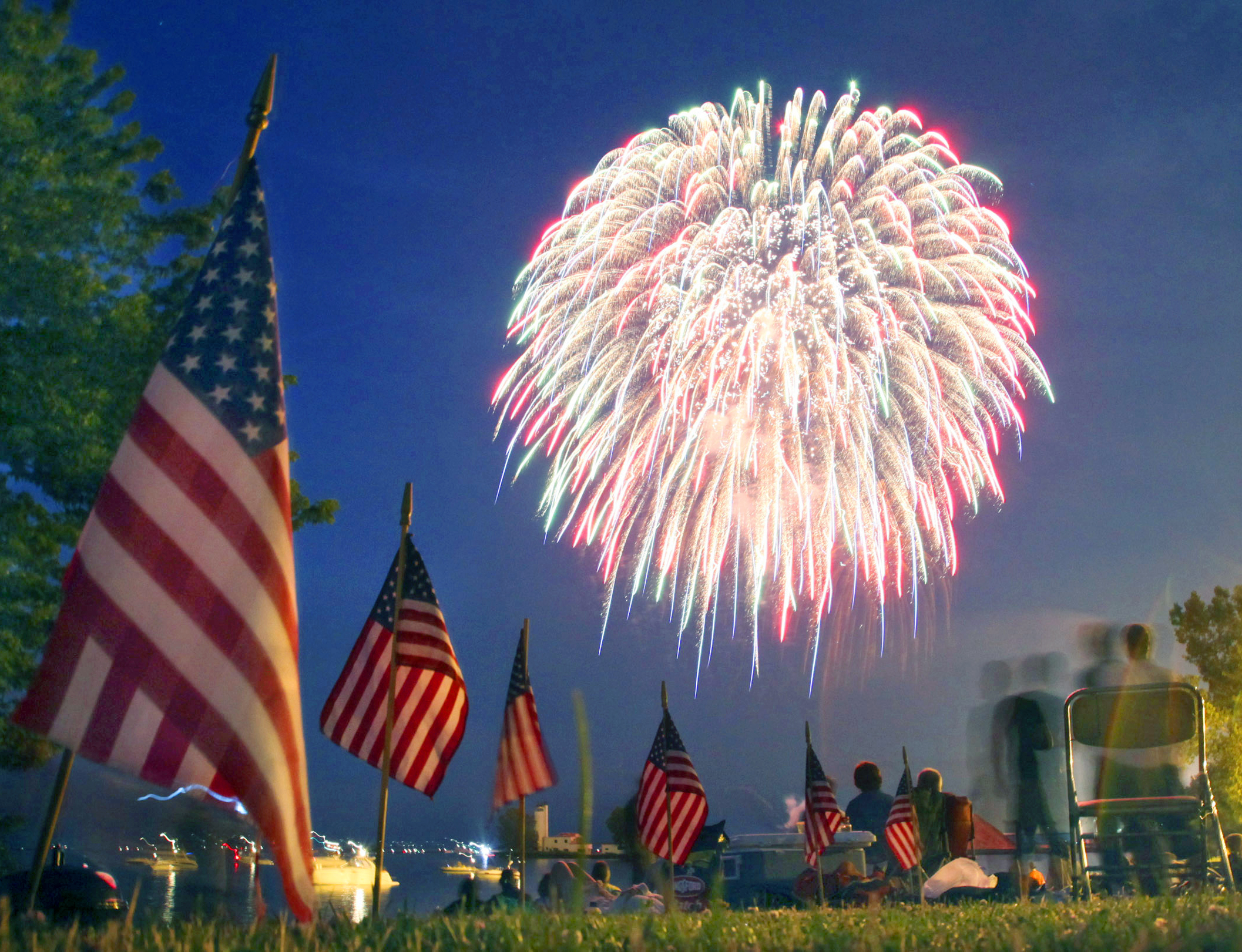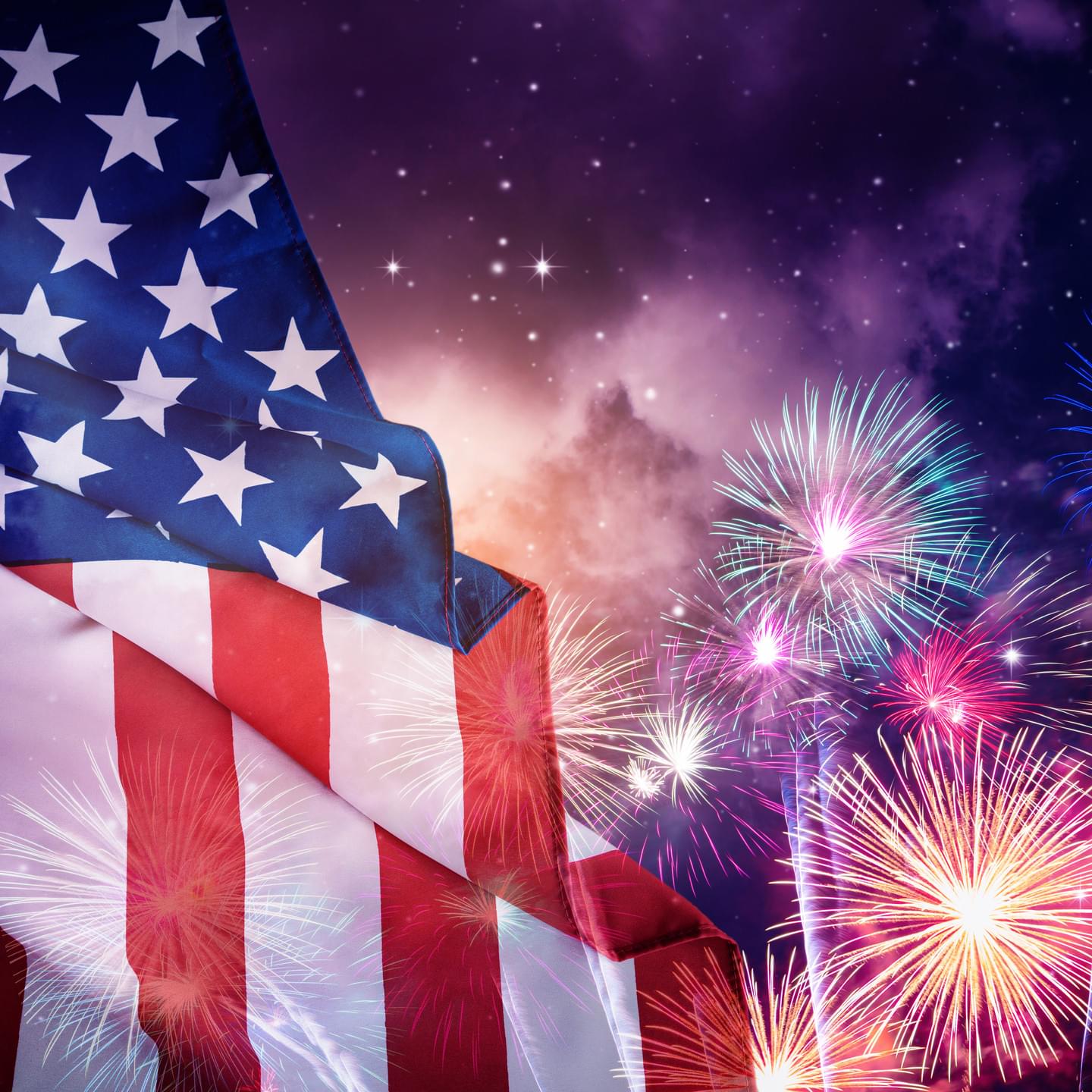AI-Generated Content
This article has been created using advanced AI technology to provide you with informative and engaging content.
AI-Curated Resources:
Have you ever heard a phrase that just makes you pause and wonder, "What in the world does that mean?" Sometimes, a simple grouping of words, like "the fourth hole," can actually refer to a whole bunch of different things, depending on where you hear it. It's almost like a little riddle, isn't it? People use this idea in many distinct settings, and what it points to can be quite surprising, or so it seems.
It turns out that this particular phrase pops up in conversations about sports, musical instruments, and even discussions about how the human body works, or so some folks suggest. You might even find it floating around on the internet, tucked away in online communities where people share jokes and interesting tidbits. It is rather fascinating how one small collection of words can carry such varied meanings, depending on who is talking and what they are talking about, really.
So, if you have ever found yourself scratching your head, trying to figure out just what someone means by "the fourth hole," you are definitely not alone. We are going to take a little walk through some of the more common, and perhaps some of the more unexpected, places where this phrase makes an appearance. We will look at what it might mean in each situation, just to clear things up a bit, you know.
- Diddys Relationship With Beyonce
- Did Jlo Date Diddy
- Liam Payne 16th Birthday Party
- Diddy Outfit
- Tokyvideo Emc.b Cdn.net
Table of Contents
- What is the Fourth Hole in the World of Sports?
- Exploring What is the Fourth Hole in Music?
- What is the Fourth Hole in Digital Spaces?
- What is the Fourth Hole in the Human Body?
- What is the Fourth Hole in the Cosmos?
- A Literary Look at What is the Fourth Hole
- Different Perspectives on What is the Fourth Hole
- A Closer Look at What is the Fourth Hole
What is the Fourth Hole in the World of Sports?
When someone mentions "the fourth hole" in a sports discussion, there is a good chance they are talking about golf. Golf courses, you see, are made up of a series of distinct sections where players try to get a small ball into a cup in the ground using special sticks. These sections are called "holes," and a typical game involves playing through either nine or eighteen of them. So, when someone talks about "the fourth hole," they are simply referring to the fourth part of the course that a player attempts to complete, you know, in their turn.
Each of these sections on a golf course presents its own set of challenges. Players start at a specific spot, hit the ball, and then try to get it into the cup with as few swings as possible. The fourth one would just be the next one in line after the third, and before the fifth. It is part of the regular progression of the game. For people who play golf, this term is pretty common, and it just means moving along the course, so it seems.
The layout of each of these playing areas can be quite different. Some might be short, while others stretch out for a long distance. Some might have obstacles like sand traps or water, making it a bit trickier to get the ball where it needs to go. The fourth playing area, just like any other, has its own unique design and its own set of things that make it interesting for the players. It is simply one piece of the bigger game, as a matter of fact.
Exploring What is the Fourth Hole in Music?
Beyond the green fields of golf, the phrase "the fourth hole" can also pop up when people are talking about musical instruments, specifically the recorder. Recorders are wind instruments that have a series of openings along their body. Players cover these openings with their fingers to change the sound that comes out. The size and position of these openings can be quite important, and they can even vary depending on the type of recorder you have, or so it is said.
For example, with a recorder that uses what is called "baroque" or "English" fingering, the fourth opening is often a bit smaller than the fifth one. This difference in size helps to produce the correct musical notes when someone plays the instrument. However, if you are looking at a "German" recorder, the arrangement of the openings is different, and in that case, the fourth opening might actually be larger. It is kind of interesting how a small detail like the size of an opening can make such a difference in how an instrument works, you know.
These specific details about the size of the openings are important for musicians because they affect how the instrument plays and what sounds it can make. Knowing the difference between the types of recorders and how their openings are arranged helps people choose the right instrument and play it correctly. So, in the world of music, the idea of "the fourth hole" is really about the design of a specific instrument and how it creates sound, you see.
What is the Fourth Hole in Digital Spaces?
The internet, as you might know, is a place where all sorts of ideas and jokes get shared around. Sometimes, a phrase like "the fourth hole" can become part of online humor or discussions. We see this idea appear in communities that focus on things like "meme of the day" or "meme history." These are places where people track and discuss popular internet jokes and funny pictures. In these online settings, the phrase often points to something that has become a topic of interest or even a running gag among users, or so it seems.
For instance, there are online groups, like those found on websites that track internet trends, where people talk about specific references. One such reference involves a scene from a popular animated television show where a character talks about women having an additional opening. This particular scene, it turns out, became a topic of discussion in communities dedicated to internet humor and even those that discuss funny or unusual ideas about anatomy. It is just a part of the online chatter, you know, a sort of inside joke for people who spend time in those digital places.
These online groups, like the one for "know your meme" or the one for "bad women's anatomy," are often managed and used by regular people who are really into these topics. They share posts, discuss funny ideas, and sometimes, a phrase like "the fourth hole" gets brought up in a humorous or curious way. It is less about a real physical thing and more about a shared piece of internet culture or a funny idea that people find interesting to talk about, you know, just a little bit of online fun, basically.
What is the Fourth Hole in the Human Body?
This is where things get a bit more varied and, frankly, sometimes a little bit silly, depending on who you ask. The human body, of course, has several natural openings that we all know about. However, the idea of a "fourth hole" in the context of human anatomy often comes from less scientific discussions, and more from humorous or even misguided theories. Some discussions, for example, have jokingly suggested that women have many more openings than generally accepted, like twelve, including ear openings, nose openings, a mouth opening, and a rear opening, or so the joke goes.
One specific idea that has circulated, especially in older online posts, is the notion of a "mysterious fourth hole" from which female ejaculate might come. This is a topic that has been debated and discussed in various online forums, sometimes with serious intent, but often with a good deal of curiosity or even disbelief. It is important to remember that such discussions often come from informal sources and not from medical or scientific consensus. It is really more of a popular culture idea that gets talked about, you know, rather than something based on medical fact.
These sorts of discussions, whether they are meant to be funny or are based on a lack of complete information, highlight how people sometimes wonder about the workings of the body. The phrase "fourth hole" in this context often points to a curiosity or a misconception about human biology. It is interesting how these ideas can spread, even if they are not entirely accurate, and how they become part of general conversation, as a matter of fact.
What is the Fourth Hole in the Cosmos?
Moving from the very specific to the incredibly vast, "the fourth hole" can also bring to mind concepts from the study of the universe. When people talk about black holes, for instance, they are often thinking about incredibly dense regions in space where gravity is so strong that nothing, not even light, can escape. We often see pictures that try to show how a black hole's gravity works, like a heavy ball sitting on a stretched sheet, making a dip, you know, just like a visual aid.
These images usually show gravity on a flat, two-dimensional surface. However, the universe we live in has more than just two dimensions. When scientists talk about black holes, they are often discussed in the context of four dimensions. This means three dimensions of space (up-down, left-right, forward-backward) and one dimension of time. So, the idea of a "fourth hole" could, in a very abstract way, relate to the concept of black holes existing within a four-dimensional framework. It is kind of a big idea, really, when you think about it.
This way of thinking about black holes and dimensions is part of a much bigger scientific conversation about how the universe works. It is about trying to understand how gravity shapes space and time around these incredible cosmic objects. So, while not a literal "hole" in the common sense, the term can prompt thoughts about the deeper, more complex aspects of our universe and how we try to visualize them, or so it seems.
A Literary Look at What is the Fourth Hole
Sometimes, a phrase like "the fourth hole" might not be a literal opening at all, but rather a reference to something more symbolic or metaphorical within a story or a piece of writing. The text mentions a situation where a story talks about a dragon without its rider being a sad event, but a rider without its dragon being a fatal one. This kind of idea explores deep connections and what happens when those connections are broken. We are told there were many examples of one type of situation throughout the story, but never the other, or so it suggests.
In this context, "the fourth hole" is not a physical thing, but perhaps a way of thinking about a missing piece or a gap in understanding within a narrative. It is about what is absent or what has not been experienced. The story might be setting up an expectation or highlighting a specific kind of loss that the characters, or the readers, have not yet fully encountered. It is a way of building suspense or emphasizing a particular theme, you know, in a rather clever way.
This use of the phrase points to how language can create meaning beyond its direct definition. It is about the emotional weight and the narrative implications of something that is not present or has not happened. So, in a literary sense, "the fourth hole" could represent an unfulfilled expectation, a significant absence, or a crucial piece of a story that remains unseen or unexperienced by the characters, or by the people reading it, basically.
Different Perspectives on What is the Fourth Hole
As we have seen, the phrase "the fourth hole" can really mean a lot of different things, depending on the conversation. It is quite interesting how a simple grouping of words can have such varied interpretations across so many distinct areas of life. From the measured game of golf to the intricate workings of a musical instrument, and even to the vast reaches of space, the meaning shifts quite a bit. It just shows how flexible language can be, you know, and how context is everything, in a way.
When someone uses this phrase, it is usually pretty clear from the rest of their conversation what they are getting at. If they are holding a golf club, it is probably about the course. If they are talking about music, it is likely about an instrument. And if they are discussing online jokes, well, then it is probably about a meme. The context provides the clues, allowing us to figure out which meaning applies, so it seems.
These different uses highlight how specialized language can be within various communities. A term that means one thing to a golfer means something else entirely to a musician, or to someone who spends a lot of time looking at internet humor. It is a reminder that words often have multiple layers of meaning, and that we often rely on our shared experiences and knowledge to pick up on the right one, basically.
A Closer Look at What is the Fourth Hole
So, what is the fourth hole? It is not one single thing, but rather a collection of ideas, each tied to a specific area of interest. It is a golf course section, a specific opening on a recorder, a humorous internet reference, a speculative anatomical concept, a way to think about black holes, or even a narrative gap in a story. Each meaning is distinct, yet the phrase itself remains the same, or so it appears.
The variety of interpretations for "the fourth hole" tells us a lot about how people communicate. It shows that we often use simple words to describe complex ideas, and that the true meaning comes from the shared understanding between the people talking. It is a bit like a secret code, where knowing the context helps you crack the message, you know, just a little bit of everyday decoding.
Ultimately, the phrase serves as a fun example of how language adapts and takes on new meanings in different settings. It is a small phrase with a big range of possibilities, proving that sometimes, the simplest questions can lead to the most interesting and varied answers. It is really quite something to consider, how words work like that, as a matter of fact.
This article explored the various interpretations of "what is the fourth hole," covering its meaning in golf as a specific section of a course, its role in music concerning the design of recorder instruments, its presence in digital culture as a meme or online reference, its appearance in anatomical discussions, its abstract connection to black holes and dimensions in the cosmos, and its symbolic use in literary narratives. It highlighted how context is key to understanding the phrase's different meanings across diverse fields.
AI-Enhanced Visual Content


